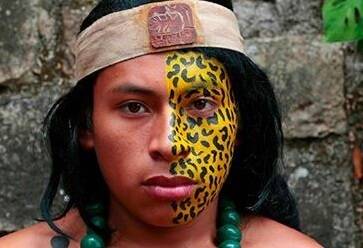Celebrating World Indigenous Peoples Day
The International Day of the World’s Indigenous Peoples was first pronounced by the General Assembly of the United Nations in December 1994 marking the day of the first meeting of the UN Working Group on Indigenous Populations of the Sub-commission on the Promotion and Protection of Human Rights in 1982. 2018's theme is indigenous peoples’ migration and movement.
What this day means for Aotearoa
It is estimated that there are 370 million indigenous people in the world living across 90 countries. They speak an overwhelming majority of the world’s estimated 7,000 languages and represent approximately 5,000 different cultures.
New Zealand’s National Commission for UNESCO recognises the importance of the International Day of the World Indigenous Peoples and supports initiatives that maintain, protect and revitalise indigenous peoples’ identities and cultures. In New Zealand we also celebrate our unique history recognising Māori as the tangata whenua or indigenous people of Aotearoa, New Zealand, with Te Tiriti o Waitangi (Treaty of Waitangi) our Nation’s founding document.

